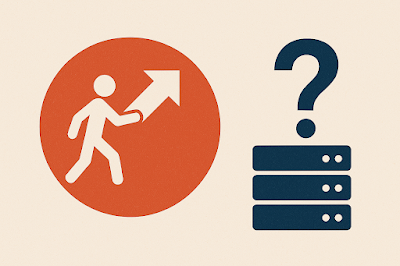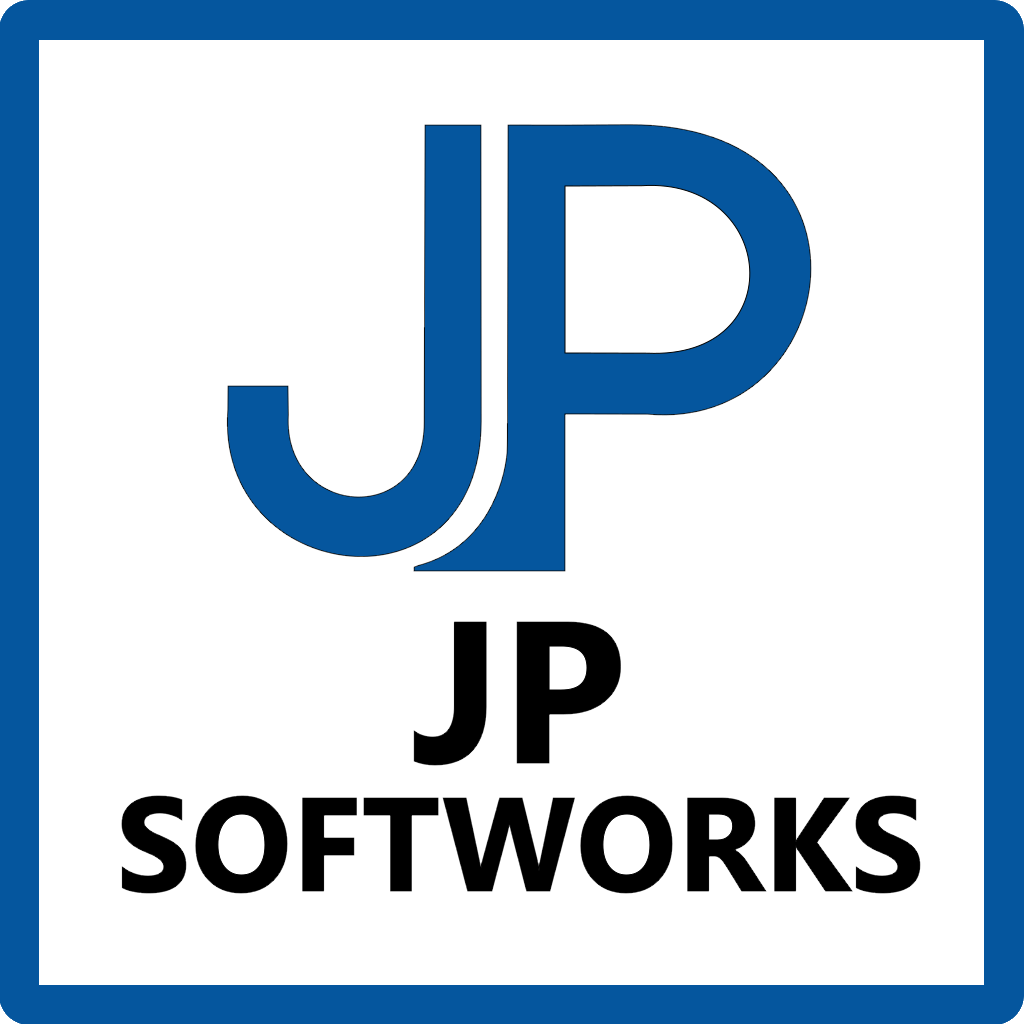Pushing Technology on People: A Familiar Pattern We Can’t Ignore

The Push from Technology Leaders
The Register highlightsOn the flip side, we have GitHub’s CEO Thomas Dohmke stepping up the rhetoric: "embrace AI or get out." In a blog post and at the DLD conference, he dropped a clear ultimatum for developers: AI is no longer optional, and those who don’t adapt may be left behind. This isn’t theoretical. It reflects the way technology firms often roll out large-scale shifts: push forward aggressively, appeal to progress, and expect everyone to keep pace.
We’ve Seen This Before
This approach isn’t new. Remember when everyone groaned about Windows 11? Mass adoption will still follow. At JPSoftWorks, we recognize that tech companies naturally push new paradigms, but companies have responsibilities too. That includes respecting developers' autonomy and highlighting that technological choices come with trade-offs.The Risks of Going All In
Developers' concerns about Copilot go beyond UI annoyance. Issues around code correctness, licensing, copyright, and ethics run deep. Many open-source projects like Servo, FreeBSD, GNOME’s Loupe, NetBSD, Gentoo, and QEMU have outright banned AI-generated code, citing those very risks. And it’s not only license worries. Security is nontrivial too. Academic studies show that although tools like Copilot can match humans or even outperform them in some areas, they still generate vulnerable or flawed code in many cases.
Our SecDevOps Viewpoint
At JPSoftWorks, our SecDevOps practice is built around that tension. We want to empower innovation without sacrificing trust, safety, or ethics. We advocate for balanced decision-making. Going "all in" on one technology, especially AI-powered automation, can feel expedient. But it also narrows options and introduces dependencies and limitations. And let's not start talking about compromises, shall we? ;)Responsible Adoption of AI
That doesn’t mean ignoring AI. There are real productivity gains. Some studies show efficiencies ranging from around 30 percent to over 50 percent in certain tasks. Productivity gains are out there. What matters is how we implement these tools. Are we onboarding responsibly? Are we treating AI as a supplement, not a replacement? Do we clearly define when and where it helps, and when human judgment must reign?Our conclusion
It may be normal, and even inevitable, that tech companies push new solutions aggressively. It’s part of how innovation scales. But that reality doesn’t absolve us from scrutiny. At JPSoftWorks, we believe in being deliberate about our technology stacks. We resist the "golden hammer" fallacy. Even if AI is shiny, it’s not the answer to everything. We must stay diligent, assessing strengths and limits, staying prepared to pivot if needed.Choosing technology boldly and wisely is how we build resilient and responsible software.

